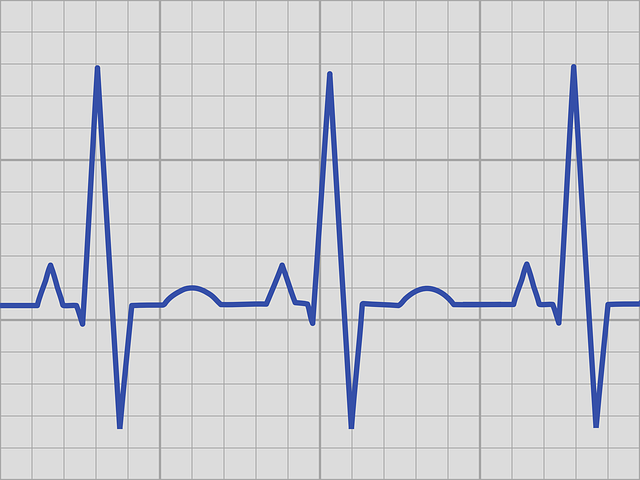Atrial fibrillation ablation is an effective procedure that can help restore normal heart rhythm and improve overall cardiovascular health. Here we are exploring the benefits and process of atrial fibrillation ablation in Cambridge. We will cover the benefits of the procedure and also how it is carried out.
Understanding Atrial Fibrillation
Atrial fibrillation (AF) is a common heart rhythm disorder characterised by irregular and rapid electrical signals in the upper chambers of the heart. This irregularity leads to a chaotic heartbeat. The heartbeat can lead to symptoms such as palpitations, fatigue, shortness of breath, and dizziness. If left untreated, the condition can increase the risk of stroke, heart failure, and other complications.
What is Atrial Fibrillation Ablation?
Atrial fibrillation ablation is a minimally invasive procedure. It aims to restore the heart’s normal rhythm by targeting and eliminating the abnormal electrical pathways causing AF. During the procedure, a skilled cardiologist uses catheters to deliver controlled energy to the specific areas of the heart. By creating small scars or blocking abnormal electrical pathways, the heart’s electrical signals can return to a regular pattern.
Benefits of Atrial Fibrillation Ablation
- Restoring Normal Heart Rhythm: Ablation treatment offers the possibility of restoring a regular heart rhythm, reducing or eliminating symptoms associated with AF.
- Reducing Reliance on Medications: Successful ablation can reduce the need for long-term medication use, improving overall quality of life.
- Lowering Stroke Risk: Restoring normal heart rhythm through ablation can significantly reduce the risk of stroke associated with atrial fibrillation.
- Improving Exercise Tolerance: Individuals who undergo successful ablation often experience improved exercise tolerance and reduced fatigue.
- Enhancing Long-term Health: By treating AF effectively, ablation can prevent the progression of the condition and decrease the likelihood of complications, such as heart failure.
The Ablation Procedure
- Preparation: Before the procedure, your cardiologist will conduct a thorough evaluation of your medical history, perform tests, and discuss the details and potential risks of the ablation procedure.
- Anesthesia: Ablation is typically performed under conscious sedation or general anesthesia to ensure patient comfort.
- Catheter Insertion: Your cardiologist will insert catheters through a small incision, usually in the groin area, and guide them towards the heart.
- Mapping and Ablation: Specialised tools and advanced imaging techniques help your cardiologist identify the areas responsible for the abnormal electrical signals. Once identified, the catheter delivers controlled energy (radiofrequency or cryoablation) to destroy the targeted tissue and restore normal electrical conduction.
- Recovery and Follow-up: Following the procedure, you will be monitored for a short period to ensure stability. Your cardiologist will provide specific post-procedure instructions and schedule follow-up visits to monitor your progress.
Appointments for Atrial Fibrillation Ablation in Cambridge
If your condition requires treatment or you are concerned about your symptoms, you should contact your GP ASAP. With a referral to cardiology, you can discuss atrial fibrillation ablation. Mr David Begley performs the procedure regularly and can help to decide whether it is the best treatment for your needs. Get in touch today to arrange your first appointment.
